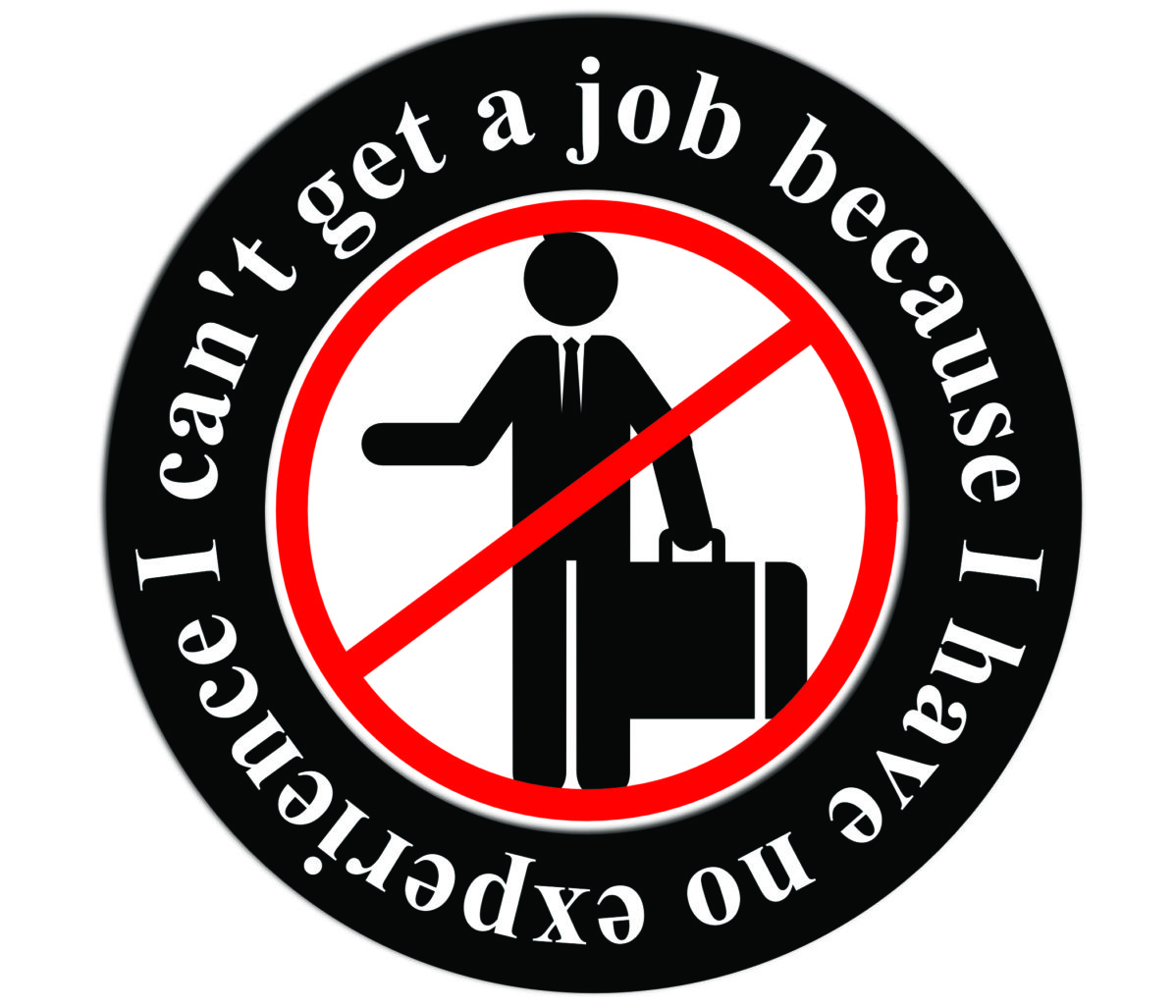Event welcomed input from audience to help craft federal policy
Making it as a young person in Toronto can be tough, as countless millennials pinched between skyrocketing costs of living and stagnating income know. This is especially true if you can’t find jobs at all.
Youth Talks: (un)Employment, a town hall event organized by the Toronto Youth Council on Jan. 19, tried to give the engaged audience of young Torontonians a leg up.
“’How can I give myself some sort of unfair advantage?’,” asked Othniel Litchmore, senior program analyst with the Ontario Public Service and host/creator of the podcast Making It In Toronto, recalling how he distinguished himself when applying to jobs in his youth.
The first half of the event, hosted by the Toronto YWCA, featured a panel of distinguished speakers with varied backgrounds offering insights ranging from the personally-motivational to the political. The second half consisted of a question and answer session, with audience members offering their own thoughts, commentary and sometimes pushback to the ideas presented.
In addition to Litchmore, the three other featured speakers were Sonya Gulati, manager with KPMG and advisory member of a federal youth employment panel; Rosemarie Powell, executive director at the Toronto Community Benefits Network; and Brandon Hay, training manager with the nonprofit Building Up and founder of the Black Daddies Club.
According to data published by Statistics Canada, 12.6 per cent of 15-24 year olds in the labour market were unemployed in Dec 2016. Although this dropped from a 16.4 per cent youth unemployment rate in December 2015, it remains significantly higher than the total workforce unemployment rate of 6.1 per cent.
Where Litchmore’s talk reflected his podcast’s goal of highlighting successful Toronto entrepreneurs and self-starters and how they succeeded, Gulati’s talk expanded on her work with the Expert Panel on Youth Employment, an advisory panel currently crafting a list of recommendations for the federal government to foster and support youth employment.
“I want to hear your voice. It needs to be reflected in what our thoughts are,” Gulati said, imploring listeners to help shape policy by voicing their concerns to the panel. “I want you to help take this list, tear it apart, tell me what you’re thinking.”
Powell brought the conversation back to the city by talking about the Eglinton Crosstown light rail project and the use of community benefit agreements, which guarantee local hiring and development so government projects benefit local communities.
The room grew still as Hay, the final speaker, talked about the trauma of his father being killed by an 11-year-old child in Jamaica, and how that acted as a catalyst for his community work.
“I recognized that there’s a normalization of crisis in black communities across the world,” said Hay, who then expanded on how his work with the Black Daddies Club and Building Up works against this and breaks down barriers for disadvantaged youth.
The freewheeling question and answer part of the event let the audience give feedback and express their concerns, ranging from questions about the lack of long-term stable jobs to vents about the push to take on school debt without a clear goal in mind.
Participants weren’t afraid to push back against the speakers, either. Several audience members indicated a need for more programs supporting interview skills and networking.
On the whole, though, the mood was a hopeful one, and the speakers saw potential in the young people in front of them.
“The majority of folks die taking their dreams and aspirations with them,” said Hay. “I think a part of our life is not just to work, but is actually to do something that we were put here to do, that we’re passionate about, that will leave a mark on this planet.”


